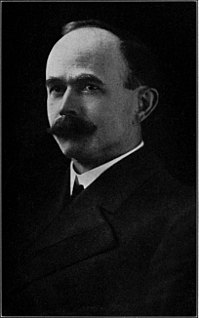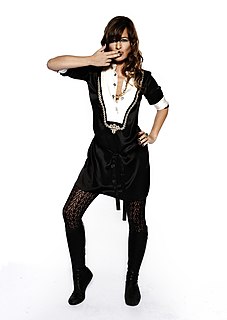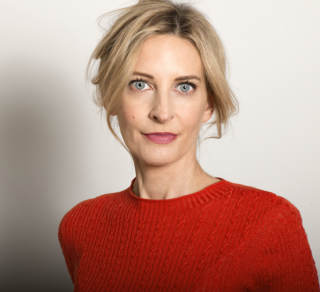A Quote by P. J. O'Rourke
Each child is biologically required to have a mother. Fatherhood is a well-regarded theory, but motherhood is a fact.
Quote Topics
Related Quotes
In these researches I followed the principles of the experimental method that we have established, i.e., that, in presence of a well-noted, new fact which contradicts a theory, instead of keeping the theory and abandoning the fact, I should keep and study the fact, and I hastened to give up the theory.
The great constructive energies of the child ... have hitherto been concealed beneath an accumulation of ideas concerning motherhood. We used to say it was the mother who formed the child; for it is she who teaches him to walk, talk, and so on. But none of this is really done by the mother. It is an achievement of the child. What the mother brings forth is the baby, but it is the baby who produces the man. Should the mother die, the baby still grows up and completes his work of making the man.
There's not one woman in America who does not care about her hair, but we give it way too much value. We deprive ourselves of things, we use it to destroy each other, we'll look at a child and judge a mother and her sense of motherhood by the way the child's hair looks. I am not going to traumatize my child about her hair. I want her to love her hair.
Every act of motherhood contains a dual intent, as the mother holds the child close and prepares it to move way from her, as she supports the child and stands it firmly on its own feet, and as she guards it against danger and sends it out across the yard, down by the stream, and across the traffic-crowded highway. Unless a mother can do both - gather her child close and turn her child out toward the world - she will fail in her purpose.
On the Upper East Side, women are prisoners to the ideology of intensive motherhood, which is that you should be enriching your child's well-being on every measure you possibly can at every moment. So when your kid is sitting down playing with Legos, intensive motherhood dictates that you should be engaging with him or her somehow, praising, questioning, making it into a learning opportunity. It's not enough to just tell your child, "Do your homework." It's not enough to help with the homework. You go to the school and learn how they do math, so that you can tutor your child in math.
We've never been in a time where mothers - parenthood, but particularly motherhood - is so fetishized. There's a whole industry around motherhood and mother-daughter bonds. And certainly when my mother was sick I found there was an incredible expectation for me to tell everybody how we were having this bonding experience and how healing it was.
Motherhood goes back in history to a time when a father had no way of knowing his children. Fatherhood only became known when class patriarchal society had established itself and imposed monogamous marriage on women. Motherhood is like sun and rain and plants, a quality and product of nature which does not require laws or systems in order to exist.
































